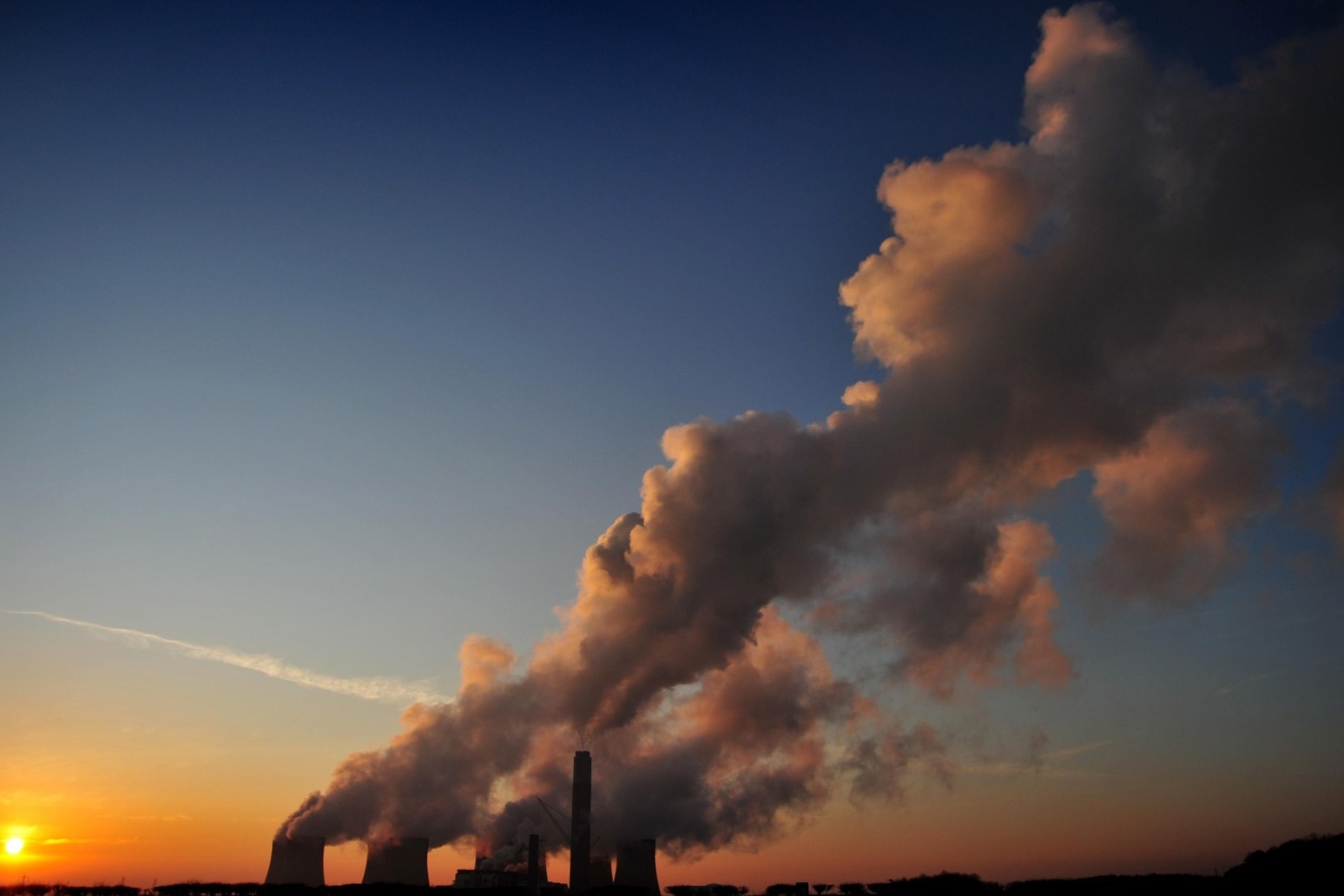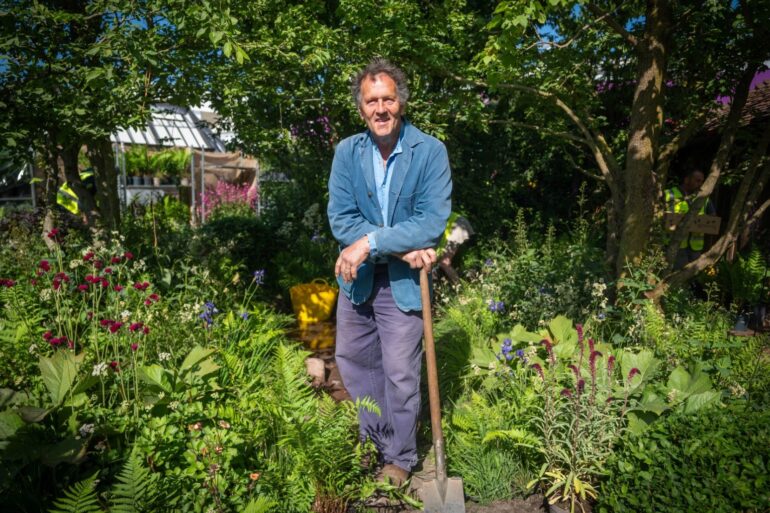-
 play_arrow
play_arrow
Kl 1 Radio Local radio for west Norfolk
-
 play_arrow
play_arrow
KL DISCO KL Disco Playing Disco Music from the 70's onwards.24/7
-
 play_arrow
play_arrow
KL COUNTRY KL COUNTRY Playing New and Classic Country Music 24/7
-
 play_arrow
play_arrow
KL ROX KL ROX The best of New and Classic Rock.24/7
-
 play_arrow
play_arrow
KL SUMMER Summer Vibes 24/7 from KL1 Radio across West Norfolk
-
 play_arrow
play_arrow
KL CLASSICAL Your Symphony Starts Here
-
 play_arrow
play_arrow
KL CHILL Just Chill!
-
 play_arrow
play_arrow
KL POP The Best POP Hits all day Long!
-
 play_arrow
play_arrow
KL XTRA KL XTRA
music_note

The UK’s last remaining coal-fired power station will shut down on Monday, drawing to a close Britain’s 142-year reliance on the fossil fuel to produce electricity.
Ratcliffe-on-Soar power station has been generating electricity since 1968 via its four coal-fired boilers, eight vast cooling towers and 199-metre tall chimney, which occupies a prominent spot in the East Midlands skyline.
It is able to power about two million homes and has been the last station of its kind in the UK since September 2023, when Northern Ireland’s Kilroot power station stopped producing electricity from coal.
On Monday, Ratcliffe closes for the final time.
Many of the 170 people employed by the plant’s owner, Uniper, will stay on to help with the two-year decommissioning process.
Ratcliffe’s closure puts a full stop on the country’s use of coal for electricity, which began with the Holborn Viaduct power station in London in 1882, the first of its type in the world.
Coal went on to play a major role in the national energy supply throughout the 20th century and accounted for about 80% of UK power in 1990, falling to 39% in 2012.
Since then, 15 coal power plants closed or switched fuels and last year the fossil fuel made up just 1% of the UK’s supply, according to data from National Grid’s Electricity System Operator.
Meanwhile, renewables, mainly wind and solar power, now make up more than half of the mix, according to Government statistics.
Gas has also played a part in the switch, rising from 28% of the power mix in 2012 to 34% last year.
Dhara Vyas, deputy chief executive of Energy UK, said: “Ten years ago, coal was the leading source of this country’s power – generating a third of our electricity.
“So, to get to this point just a decade later, with coal’s contribution replaced by clean and low carbon sources, is an incredible achievement.
“As we aim for further ambitious targets in the energy transition, it’s worth remembering that few back then thought such a change at such a pace was possible.”
While the likes of Sweden and Belgium were among the first in Europe to phase out coal entirely, the UK will be the first country in the G7 bloc of major world economies to reach the milestone.
France, by comparison, has given itself until 2027 to complete the phase-out, Canada will follow suit until 2030. Germany, on current plans, will not do it until 2038.
But next comes the far larger task of significantly reducing the use of gas and further ramping up renewables, as the newly-elected Labour Government seeks to hit net zero emissions from electricity generation by 2030.
Its first steps were to set up a new state-owned energy investment company, GB Energy, and to lift a de facto ban on new onshore wind projects in the planning system in England.
The Government also handed out contracts for a new wave of green power projects in early September, including onshore and offshore wind and solar farms, which officials said will generate enough power for 11 million homes, in its annual auction.
Minister for energy Michael Shanks said: “Today’s closure at Ratcliffe marks the end of an era and coal workers can be rightly proud of their work powering our country for over 140 years. We owe generations a debt of gratitude as a country.
“The era of coal might be ending, but a new age of good energy jobs for our country is just beginning. The Government’s clean energy superpower mission is about creating good jobs in wind power and new technologies like carbon capture and storage.
“That work is helping boost our energy security and independence, protecting families from international hikes in the price of fossil fuels and with it, creating jobs and tackling climate change.”
Energy Secretary Ed Miliband said recently that switching to clean power is not just about fighting climate change, but energy security, after rocketing gas prices in the wake of Russia’s invasion of Ukraine caused consumer bills to spiral in 2022 and 2023.
Jess Ralston, head of energy at the Energy & Climate Intelligence Unit, said the swift transition from coal to renewables “shows how possible it is to make the net zero electricity transition”.
Renewables are also cheaper than fossil fuels. The International Energy Agency reported that in 2023 an estimated 96% of newly-installed solar and onshore wind plants had lower generation costs than new natural gas globally.
Ms Ralston said: “The British public have been burnt by over-reliance on gas for electricity and home heating during the ongoing gas price crisis and keen to see the shift to renewables, not only to reduce emissions but to stabilise energy prices too.”
As for coal, many countries might be phasing it out, but use of the fossil fuel globally for electricity still rose 1.1% last year, according to energy analysis company Ember.
This was mainly driven by China, which accounted for 54.9% of global coal-fired generation.
However, China added seven times more renewable energy capacity than coal last year, indicating that even the world’s largest coal user is, eventually, shifting towards clean energy.
Christine Shearer, research analyst at Global Energy Monitor, said there remains “a lot of work to do” to meet global targets on phasing it out, most of which aim for 2035 in developed countries.
She added: “The good news is the UK shows that once a country clearly commits to a coal phase-out it often happens even faster than planned, because the policy landscape becomes clear and paves the way for cheaper alternatives.”
TUC general secretary Paul Nowak said: “As the UK moves away from fossil fuels it is vital that jobs and workers’ rights are protected.
“At Ratcliffe-on-Soar, trade unions GMB, Unite and Prospect worked with employers to make sure that all workers affected by the closure were redeployed. Having unions and workers at the heart of the transition planning made sure no workers were left behind. This is in sharp contrast to chaotic job losses threatened in steel and oil and gas.
“Delivering a fair climate transition needs a powerful industrial strategy supported by sustained public investment and a voice for workers. Ratcliffe can give us hope that with the right approach, co-ordinated pathways into new jobs and investment into skill creation are possible.”
Published: by Radio NewsHub

Similar posts
Upcoming shows

Richard Tree – Sunday Swing Thing
11:00 am - 1:00 pm

Darren Furzey – Classic Hit Weekend
1:00 pm - 3:00 pm

John Atkins – Sunday 60’s and 70’s
3:00 pm - 6:00 pm

Frank Hopping – Real Music Society
6:00 pm - 8:00 pm

Mike Bentley – The Theatre Show
8:00 pm - 10:00 pm
Message Us
Copyright The Mediasite UK - 2025








